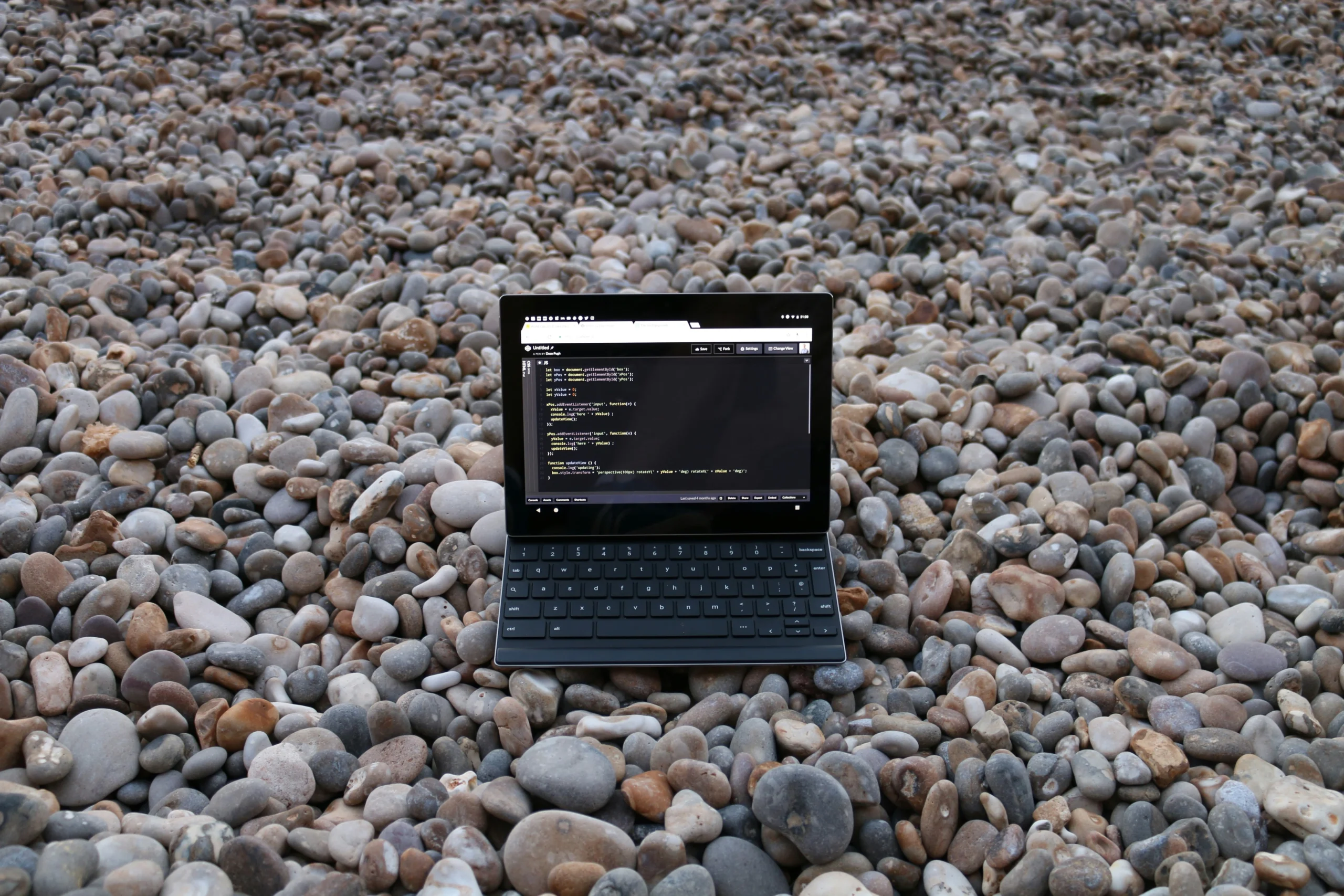Picture this: It’s a quiet morning in Ubud. Birds are chirping, a nearby stream adds a calming soundtrack, and a group of digital nomads sip coconut water as they open their laptops in a bamboo coworking space. Meanwhile, across the island, a local startup founder is pitching an app designed to tackle plastic waste.
So here’s the big question—Is Bali truly ready to become the next Silicon Valley of Southeast Asia?
Why This Idea Is Gaining Momentum
Over the past few years, Bali has transformed from just a vacation hotspot to something bigger: a rising hub for digital nomads, entrepreneurs, and remote workers from around the world. The island has become a unique blend of tropical paradise and tech culture.
There are solid reasons behind this. Bali now offers faster internet, affordable living (compared to cities like Singapore or San Francisco), and an inspiring lifestyle that makes work-life balance feel like more than just a buzzword.
Places like Canggu, Ubud, and even parts of Sanur are now buzzing with coworking spaces, creative communities, and tech workshops. There’s also a small but growing number of startups in Bali trying to solve real-world problems—some by locals, others by global entrepreneurs who now call Bali home.
What the Numbers Say
According to Nomad List, Bali ranked as one of the world’s best destinations for remote work in 2024. Locally, data from Bali’s Communication and Information Office shows that small businesses going digital have grown by more than 20% annually since the pandemic.
However, a large portion of the tech scene is still powered by foreigners. The participation of local youth in the tech ecosystem is still relatively limited.
Some universities in Bali are catching up, offering tech-related programs or short bootcamps, but these efforts are still in early stages. When compared to bigger startup ecosystems like Jakarta, Singapore, or even Ho Chi Minh City, Bali has some serious catching up to do.
The Real Challenges
Despite the momentum, Bali faces some real-world obstacles before it can claim the Silicon Valley title.
- Internet and infrastructure gaps. While certain areas like Canggu are well-connected, many regions still struggle with basic connectivity.
- Bureaucratic red tape. Business permits, visa policies, and legal grey areas often slow down or discourage startup growth—especially for newcomers or collaborative projects.
- Talent development. Bali still lacks enough tech talent trained in areas like coding, design thinking, and product development. The island’s younger generation needs more access to tech education and job opportunities if Bali is to grow sustainably.
Practical Tips to Move Forward
1. Invest in local tech education. Government and private sector players should collaborate with platforms like Google, Coursera, or local bootcamps to provide digital skills training for Balinese youth.
2. Foster collaboration between startups and local businesses. Bali’s small business owners—from eco-lodges to coffee shops—could thrive with digital tools. Startups that focus on digitizing local industries can make a huge impact and build something truly meaningful.
So, Is Bali Ready?
The short answer? The potential is definitely there—but it’s a work in progress.
Bali already has a strong foundation: natural beauty, creative spirit, and global attention. But building a true tech ecosystem takes more than nice views and fast Wi-Fi. It needs strong local talent, clear policies, accessible education, and a mindset shift—from relying mostly on tourism to embracing innovation and digital entrepreneurship.
If done right, Bali doesn’t have to copy Silicon Valley. It can create its own version—one rooted in Bali’s digital future, shaped by its people, powered by technology, and inspired by culture.
A Final Thought for Visitors and Digital Nomads
If you’re lucky enough to live or work in Bali—even temporarily—you can play a part. Share your knowledge, mentor a local founder, support startup communities in Bali, or simply spread the word about this growing movement.
Because in the end, innovation isn’t just about flashy tech or billion-dollar ideas. It’s about people finding better ways to live, connect, and grow—together.





